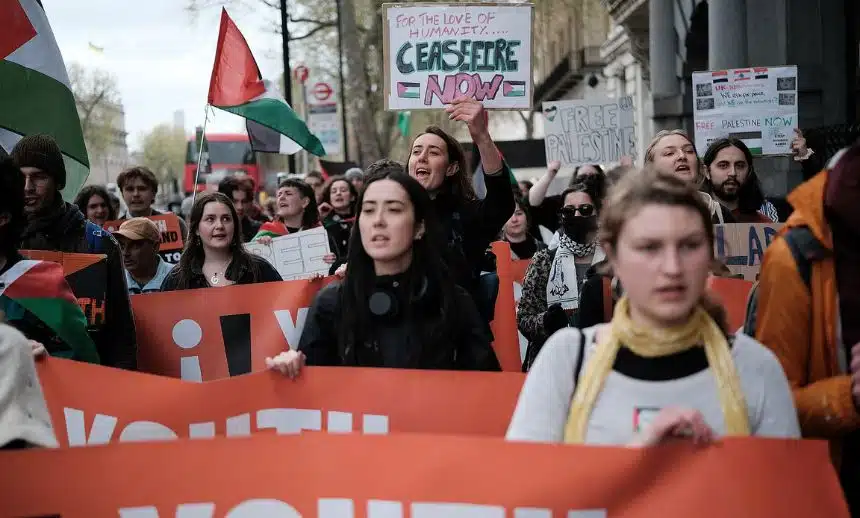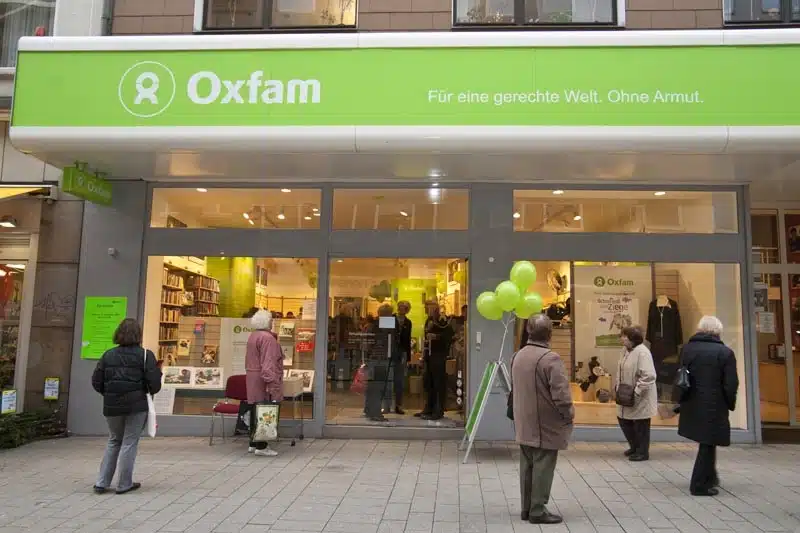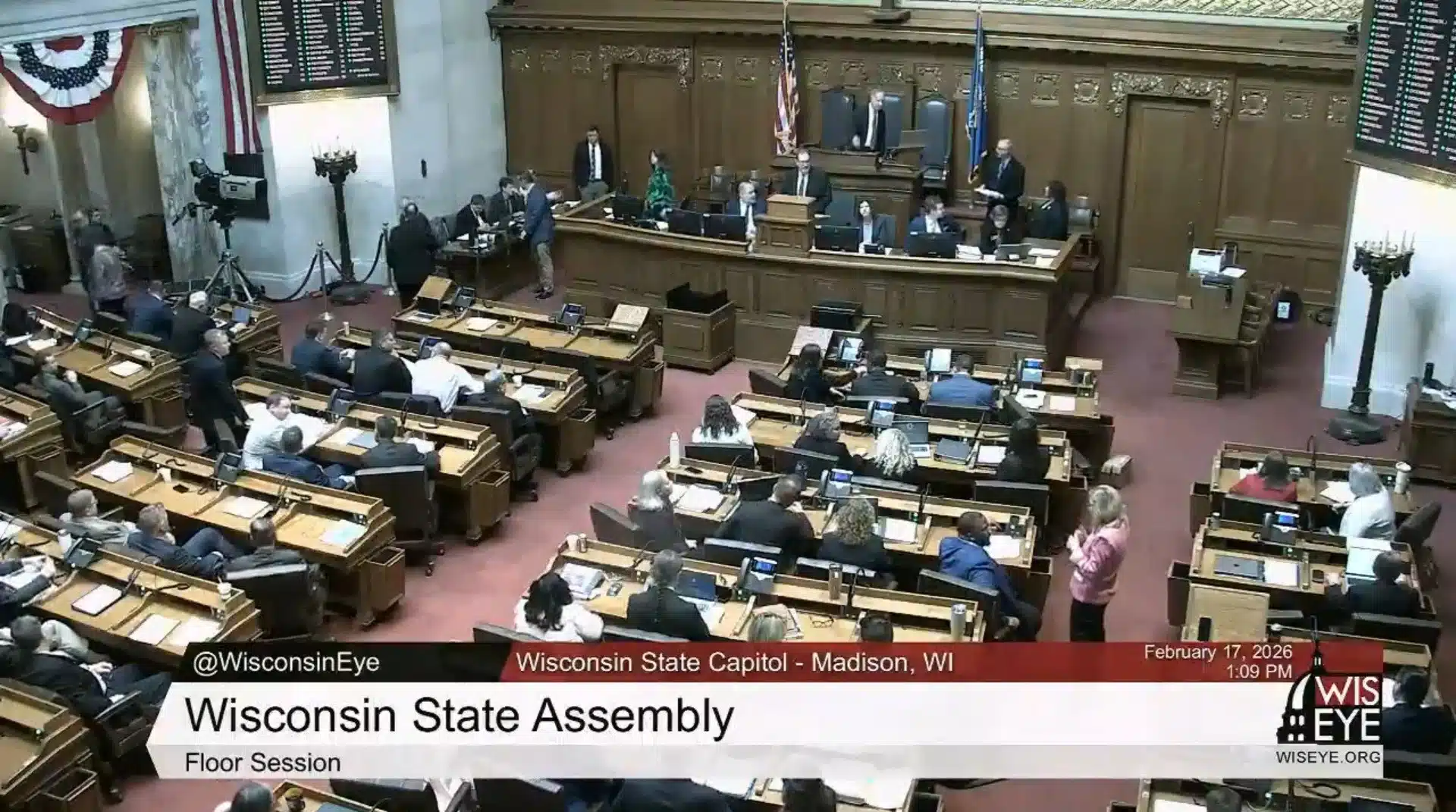|
Getting your Trinity Audio player ready...
|
In a landmark move against violent extremism, the British government has announced plans to ban the radical protest group Palestine Action under its anti-terrorism laws — putting it on the UK’s terrorist list alongside Hamas, al-Qaeda, and ISIS.
The decision follows a series of escalating attacks, culminating last Friday in a brazen break-in at RAF Brize Norton, where members of the group infiltrated a secure military airbase and vandalized two Royal Air Force aircraft with red paint and crowbars. The targeted Voyager planes serve as strategic transport and refueling aircraft critical to British defense operations.
Once the British Parliament approves the proscription order on June 30, it will become a criminal offense to belong to, promote, or support Palestine Action, or to publicly display its logo — offenses that carry penalties of up to 14 years in prison.
“The disgraceful attack on Brize Norton… is the latest in a long history of unacceptable criminal damage committed by Palestine Action,” stated UK Home Secretary Yvette Cooper. “The UK’s defense enterprise is vital to national security, and this government will not tolerate those that put that security at risk.”
Radical Ideology Meets Violent Action
Palestine Action’s mission, as stated on its website, is to “end global participation in Israel’s genocidal and apartheid regime.” The group openly endorses “disruptive tactics” and seeks to “make it impossible” for companies to profit from what it calls “the oppression of Palestinians.”
Its primary target is Elbit Systems, Israel’s largest defense company, but its actions have extended to factories, corporate offices, government-linked facilities, and now, UK military assets.
Since the October 7th Hamas massacre, the group has intensified its activities — spraying red paint on buildings, smashing windows, and causing millions of pounds in property damage. It has also vandalized Allianz Insurance’s London offices and defaced U.S. President Donald Trump’s Turnberry golf course in Scotland, accusing them of complicity in “Israeli war crimes.”
But the RAF base break-in marks a dangerous escalation from protest to sabotage. It triggered a full security review across British military installations and a criminal investigation led by counter-terrorism police.
From Protest to Public Threat
Tensions peaked again on Monday as Palestine Action supporters clashed violently with police in London’s Trafalgar Square, after authorities banned a planned demonstration outside Parliament. Protesters surged toward officers attempting to detain individuals, with several arrests made for obstruction and public order offenses, including one racially aggravated charge.
“The right to protest is essential and we will always defend it,” said Met Police Commissioner Mark Rowley, “but actions in support of such a group go beyond what most would see as legitimate protest.”
Police have cited previous incidents of physical assault — including an alleged sledgehammer attack on a police officer — as well as widespread damage to both public and private property.
In response to the proscription, Palestine Action issued a statement calling the move “an unhinged reaction” and accused the UK government of “complicity in Israel’s genocide.”
Defining the Line: When Activism Becomes Extremism
Under the Terrorism Act 2000, the UK Home Secretary may ban a group if it “commits or participates in acts of terrorism,” or “encourages terrorism or is otherwise concerned in terrorism.” Proscription does not require international designation — only evidence that the group poses a threat to public safety or national security.
Palestine Action will bring the list of proscribed organizations in the UK to 82, joining groups such as Hezbollah and the Islamic State.
This designation sends a clear message: acts of vandalism, sabotage, and targeted violence will not be tolerated under the guise of political dissent.
At a time when antisemitic incidents are rising globally — and when anti-Israel rhetoric increasingly blurs into support for terrorism — the UK’s action sets a powerful precedent: those who use violence to intimidate, disrupt, or dismantle democratic society will be held accountable.









